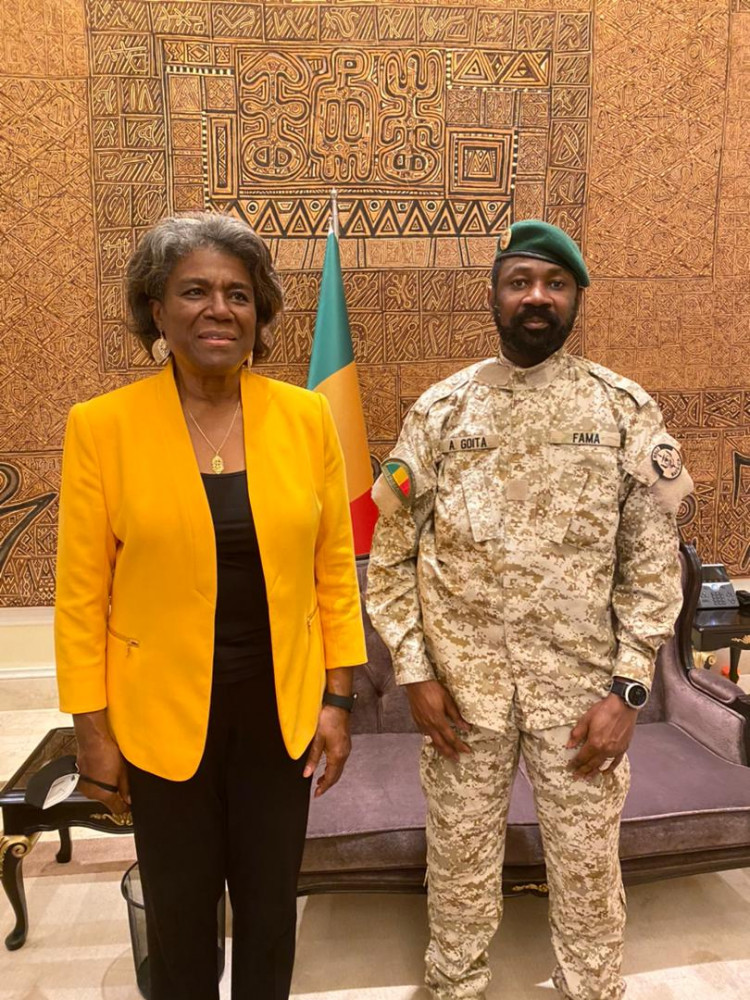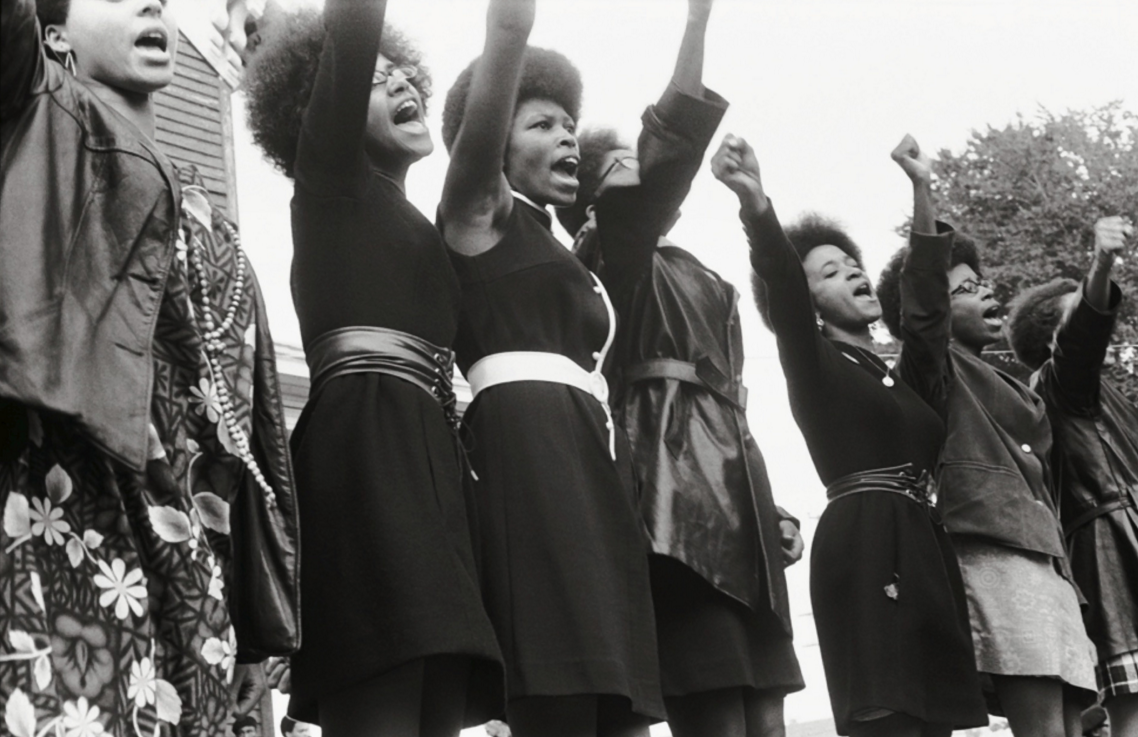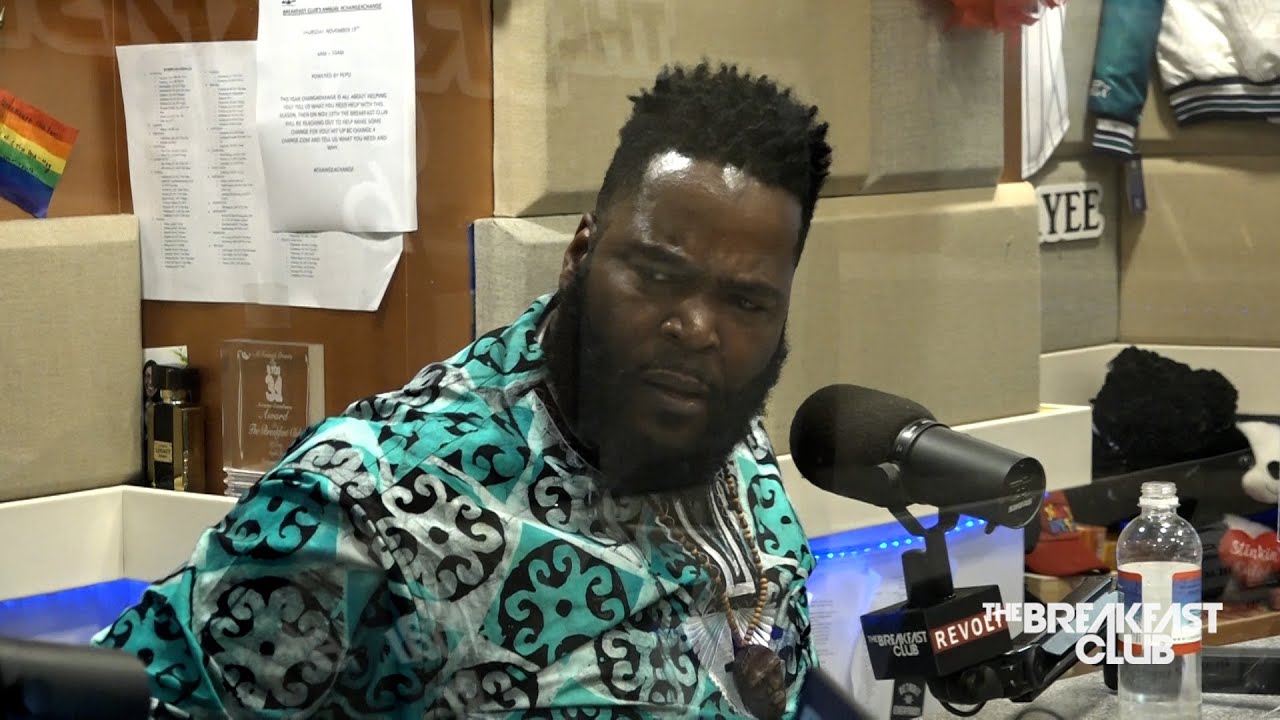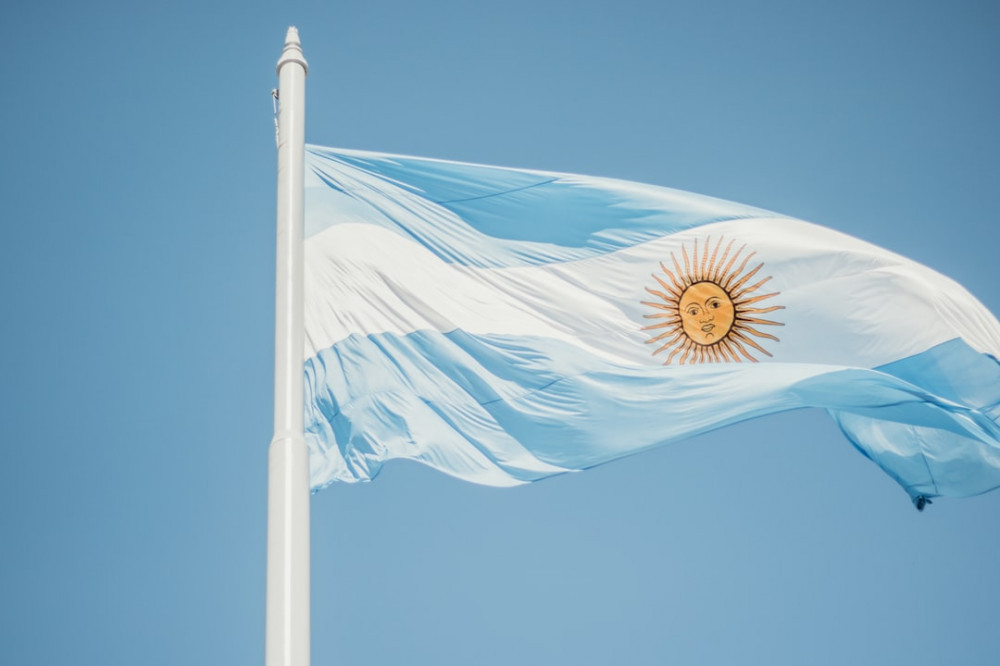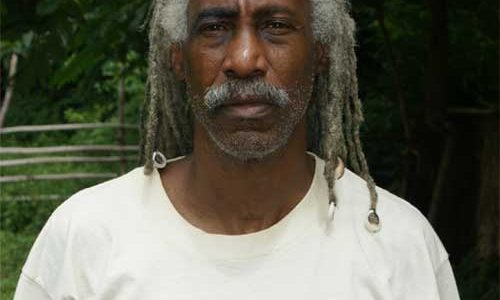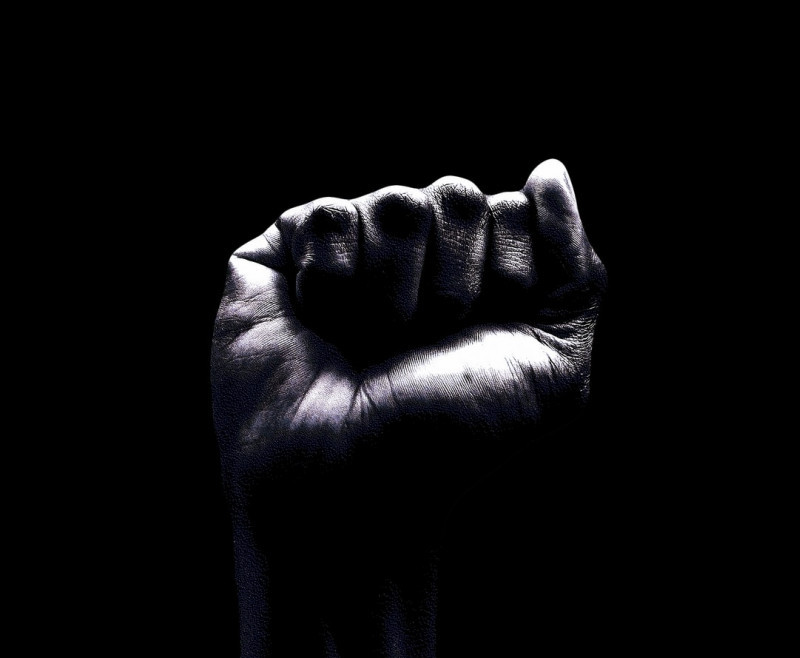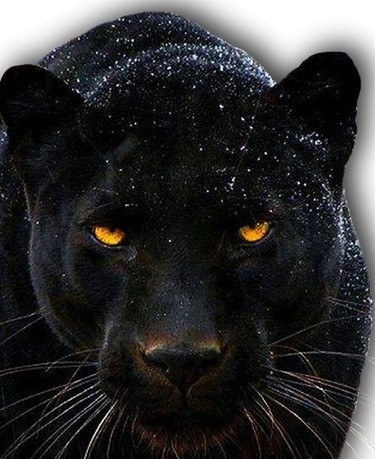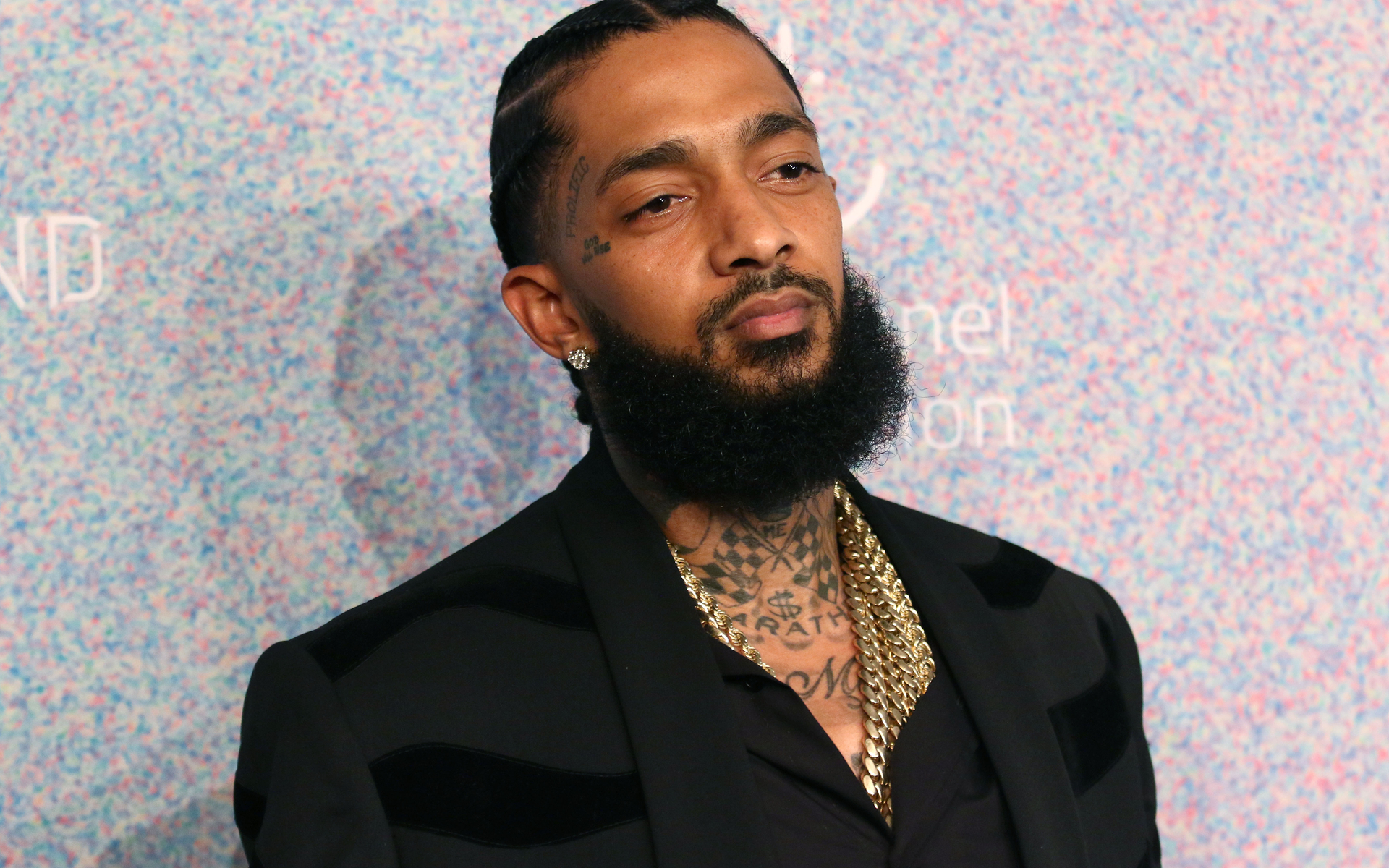With the fast turning world of geopolitics, economics, and national infrastructures, it appears a great time for Black Radicals to reemerge with amazing or not so amazing #blackradicals.
Today we have Assimi Goïta, who is a Malian military officer who gained prominence through his involvement in two military coups in Mali. Here’s a brief overview of Assimi Goïta, with a focus on his perspectives on change, his politics, controversy, and the direction he was taking at that time. Please note that there may have been significant developments since then, and I recommend checking the latest news for updates on his role and activities.
Background:
Assimi Goïta is a Colonel in the Malian military. He first came to international attention in August 2020 when he led a group of military officers to overthrow President Ibrahim Boubacar Keïta. This coup followed months of protests in Mali against alleged government corruption and mismanagement.
Perspectives on Change:
Goïta portrayed himself as a champion of change and reform during the 2020 coup. He argued that the Malian government, under President Keïta, had failed to address the country’s pressing issues, including corruption, economic challenges, and insecurity. His message was that the coup was necessary to bring about positive change and address the grievances of the Malian people. However, some critics saw the military takeover as undermining democratic processes.
Politics:
Goïta’s political ideology was not well-documented, but his actions suggested a willingness to use military force to achieve political change. His coup in August 2020 led to the dissolution of Mali’s parliament and the establishment of a military junta, the National Committee for the Salvation of the People (CNSP), with Goïta as its leader. The CNSP pledged to transition the country back to civilian rule but retained significant power in the interim.
Controversy:
Goïta’s actions were highly controversial both domestically and internationally. The coup was widely condemned by the international community, including regional organizations like the African Union and ECOWAS (Economic Community of West African States). These organizations imposed sanctions on Mali in response to the coup, calling for a swift return to civilian rule.
Direction (as of September 2021):
By the time of my last knowledge update, Assimi Goïta had assumed the position of Vice President of the transitional government in Mali. The transitional government was tasked with organizing elections and returning the country to civilian rule. However, there were concerns about the military’s continued influence and whether they would genuinely relinquish power.
It’s worth noting that Mali had experienced several political and security crises in the years leading up to Goïta’s prominence, including a rebellion in the north, the presence of extremist groups, and political instability. These challenges framed the context in which Goïta and the military justified their interventions as necessary to address Mali’s complex problems.
Please keep in mind that political situations can evolve rapidly.

